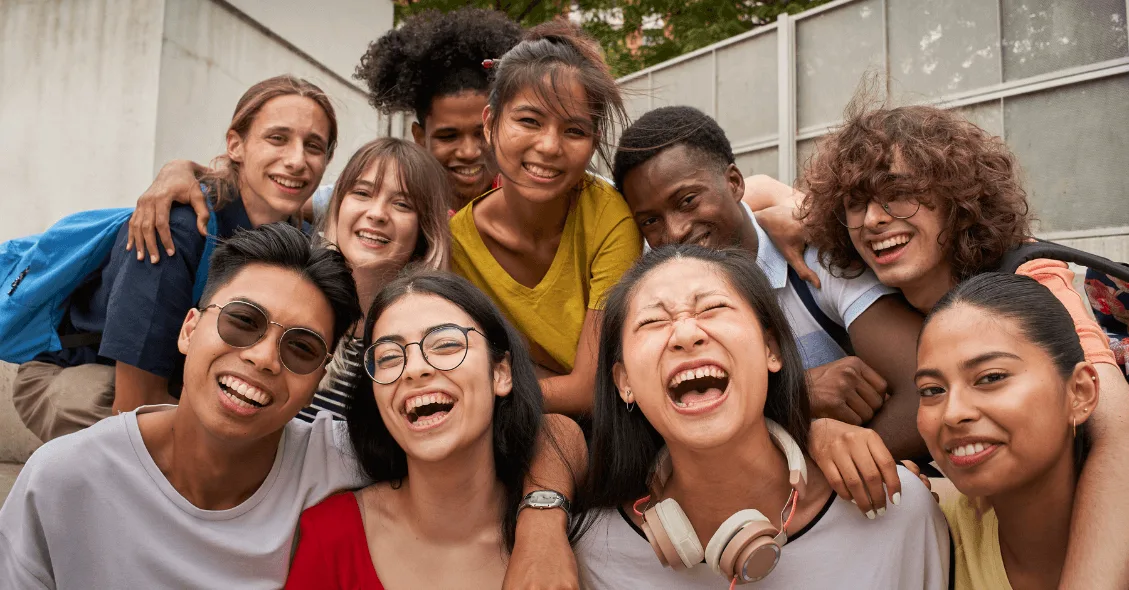Empowering youth is not just a goal; it’s a necessity. Young people are the future, and nurturing their potential is essential for a thriving society. Whether you’re a parent, teacher, or community leader, you have a role in guiding the next generation. Let’s explore seven actionable tips to empower youth in your community.
Encourage Critical Thinking and Problem-Solving
Critical thinking is a skill that will serve young people throughout their lives. Encourage young people to ask questions, challenge assumptions, and think critically and independently. Whether it’s through classroom discussions, debates, or everyday conversations, fostering an environment where questioning is welcomed helps youth develop problem-solving skills. In community organizations, engaging youth in planning and decision-making processes can empower them to think critically about real-world issues.
Critical thinking enables youth to analyze situations, make informed decisions, and solve problems effectively. These skills are crucial for personal and professional success.
Provide Access to Mentorship
Mentorship is a powerful tool for empowerment. Connecting youth with mentors, whether in academics, sports, or personal development, provides them with guidance, support, and inspiration. A mentor can help young people set goals, navigate challenges, and build confidence. Organizations and schools can establish mentorship programs that match young people with positive role models.
Mentorship provides youth with a support system that helps them grow, learn, and stay motivated. It also opens doors to opportunities and networks they may not have otherwise.
Promote Lifelong Learning
Learning shouldn’t stop at the classroom door. Encourage youth to develop a love for learning that extends beyond formal education. This could mean exploring new hobbies, reading books, or engaging in online courses. Schools, libraries, and community centers can offer workshops and resources that inspire curiosity and continuous learning.
Lifelong learning fosters adaptability and resilience. It prepares youth to navigate a rapidly changing world and equips them with the skills needed for future success.
Support Youth-Led Initiatives
Give youth the opportunity to lead. Whether it’s organizing a community event, starting a school club, or launching a social media campaign, supporting youth-led initiatives empowers them to take ownership of their ideas. Providing the resources and guidance they need to execute their vision shows that their contributions are valued.
When youth lead projects, they develop leadership, teamwork, and project management skills. It also boosts their confidence and sense of agency.
Encourage Community Engagement and Volunteerism
Active participation in the community helps youth understand the importance of civic responsibility. Encourage young people to volunteer for local causes, participate in community service projects, or join youth advisory boards. Schools and organizations can facilitate this by offering service-learning opportunities that combine education with community involvement.
Community engagement builds empathy, strengthens social bonds, and instills a sense of responsibility. It also allows youth to see the impact they can make in their communities.
Foster Emotional Intelligence and Well-Being
Emotional intelligence (EI) is the ability to recognize, understand, and manage our emotions and the emotions of others. Teaching youth about EI—such as empathy, self-awareness, and communication—equips them with essential life skills. Schools and parents can incorporate social-emotional learning (SEL) into everyday interactions and provide resources for mental health support.
Emotional intelligence is key to forming healthy relationships, managing stress, and navigating the complexities of life. Fostering EI promotes overall well-being and resilience.
Create Safe Spaces for Expression
Youth need safe spaces where they can express themselves without judgment. Whether it’s in the home, at school, or within community organizations, creating an environment that encourages open dialogue and creative expression is vital. This could involve setting up youth clubs, arts programs, or discussion groups where young people feel heard and valued.
Safe spaces allow youth to explore their identities, voice their opinions, and develop self-confidence. It also promotes a sense of belonging and community.
Empowering youth is crucial for building a better future. When young people are given the tools, opportunities, and support to grow, they become active contributors to society. They are more likely to pursue their passions, advocate for change, and lead initiatives that benefit their communities. Moreover, empowered youth are better equipped to face challenges, make informed decisions, and inspire others to do the same.
